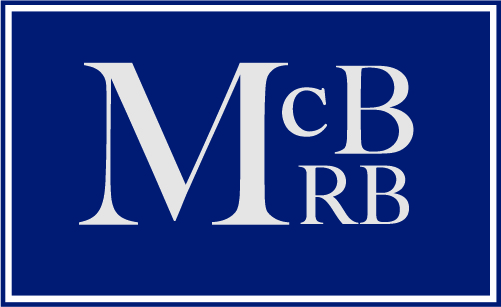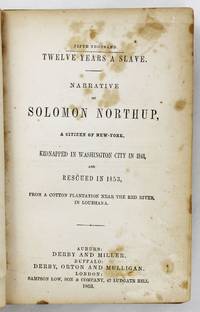1850 · Sacramento City
by [California Gold Rush]. Passe, Henry
Sacramento City: March 26, 1850. Very good.. [4]pp., on a single folded folio sheet. Original mailing folds, minor foxing, short closed tear along fold line of second leaf, small remnant of wax seal on last page. An incredibly informative manuscript letter written by Henry Passe (or perhaps Pape or Pope), a hopeful prospector during the early months of the California Gold Rush, writing about mining and trade goods in "this far off land." Passe arrived at the gold mines in October 1849, and immediately took ill for three months. After his recovery, he reports on the early haulings from the "dry diggins" at the mines, "not to be as good as the Rivers," (truncated)



![Famous Birmingham Blue Jay Jubilee Singers of Birmingham, Alabama [caption title]](https://d3525k1ryd2155.cloudfront.net/h/007/578/1695578007.0.m.jpg)